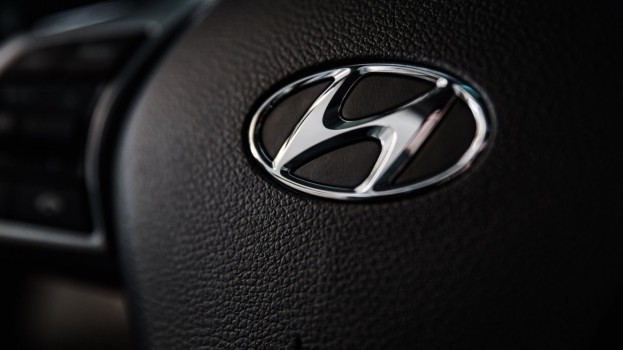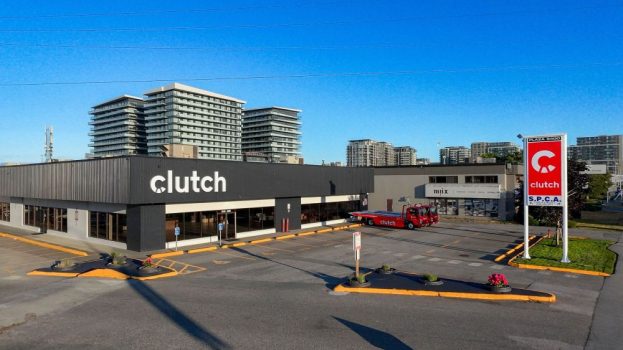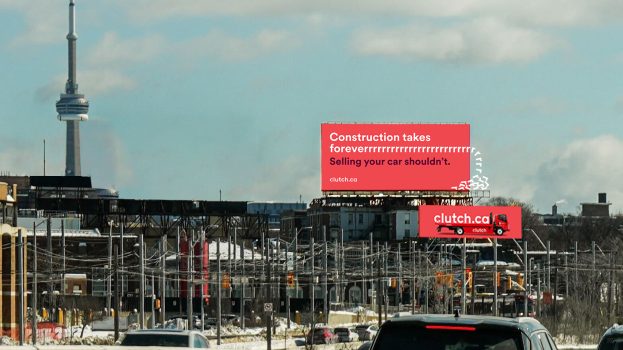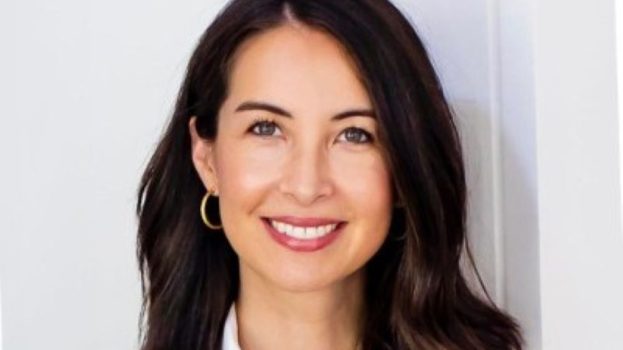The rapidly evolving state of the COVID-19 situation has left many consumers confused around what activities and businesses are considered “essential” at the moment.
Automotive retailers and repair shops have been deemed essential (or, at least, remain open) in many jurisdictions, but that hasn’t stopped people from wondering how they might purchase a vehicle or service the one they already have, says Lawrence Hamilton, director of marketing at Hyundai Canada.
“We consider people’s mobility in some cases to be essential. We have a responsibility to do what we can to keep people moving,” he says. “So, through very much of a consumer-focused lens, we’ve looked at what people ned to hear from us right now and how we make sure to communicate that.”
Before taking action, many brands are seeking to understand how consumer sentiment is changing in light of COVID-19 – a daunting task, considering it appears to be changing by the day.
To get a better view of what’s happening, Hyundai dealers and field teams have been calling in daily to share insights with the corporate team (who are working remotely), Hamilton says. The company has also been closely monitoring traffic on its site (as it did before the crisis began) and social channels to understand the most common questions consumers have. For a lot of Hyundai customers, the biggest question is whether they can still get their vehicle serviced. “It’s not, how do I score a deal right now?,” says Hamilton. “That’s definitely not what we’re hearing.”
So, like many other brands in other categories, Hyundai has been communicating with customers directly through its CRM platform, informing them that most of its 220 dealerships remain open and that they have implemented new processes to keep customers safe.
The company has adapted its spring savings event, launched in March, into a communications effort that it’s calling “Buy with Confidence,” which Hamilton says will be its focus for the foreseeable future. The main goal is to reiterate that it has online sales tools available for customers who still want to buy, but who are nervous about human contact. It also serves to remind customers that services are available for those who need it, though with reduced hours in some cases.
“The second wave is really to get all of our dealers to be able to communicate exactly what they are doing locally. The dealers are coming to us looking for guidance, we’ve given the guidance. We’re now in the phase of implementing it locally.”
Ford recently pulled vehicle promo ads and replaced them with a coronavirus awareness campaign. But with few other options at the moment, Hamilton expects to see other automotive brands take a similar approach as Hyundai. The only other option, he believes, would be to “turn the tap off” on all communications until brands have a clearer picture of the future. “That’s not our plan, as we sit here today. There are still people out there with these questions, and I think we have a responsibility to answer them and portray ourselves as a brand that is open for business.”
Like other automotive brands, Hyundai announced on Tuesday that it’s offering financial support for customers. Those financing their vehicle can defer payments for up to three months. Customers who are leasing can defer payments by one month, and if they are nearing the end of their lease, delay their vehicle return by up to three months.
Offering financial assistance to customers in need is one way brands are stepping up their CSR games. Some companies have temporarily closed their North American assembly plants, and some are now retooling facilities to assist with production of ventilators and other medical equipment. Hyundai hasn’t yet announced similar plans, but Hyundai Hope On Wheels (a non-profit associated with Hyundai Motor America), has donated $2 million USD for COVID-19 drive-thru testing centers in partnership with children’s hospitals throughout the U.S.
Hamilton says Hyundai Canada is currently looking at what it can do locally. He says one possibly is helping individual dealers understand the role they can play in their communities. “There are a number of community-led, local roles that we feel the dealers can perform at this time.”
“We have vehicles and people need mobility. We have a frontline of doctors, nurses and first responders that we need to keep mobile and we have an opportunity to help that part of their role and responsibilities,” he says. “That’s really the direction that we’re thinking. How do we get the dealers to be useful and relevant to their communities at these challenging times?”
























